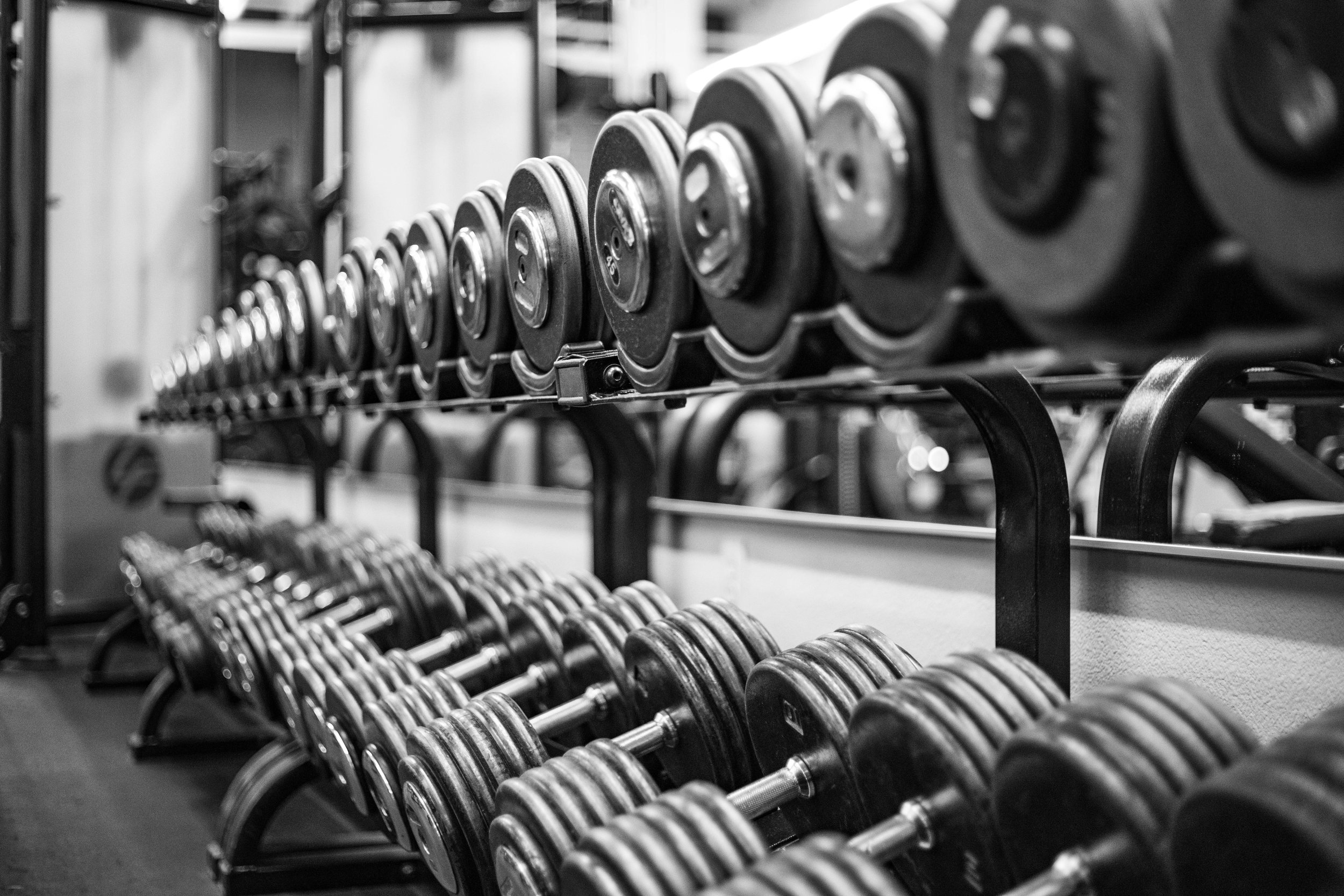
Burn fat, not your relationship with carbohydrates.
For high performing male entrepreneurs, finding the balance between building muscle and losing fat while maintaining a busy schedule can be a challenge. Many fitness programs advocate for a low-carb approach to achieve desired results. But what if you don't want to give up carbohydrates altogether? In this blog post, we will explore the truth about insulin, carbs, and weight loss and provide valuable insights into how high-performing male entrepreneurs can achieve their fitness goals without sacrificing carbohydrates.
Understanding Carbohydrates and Insulin:
Carbohydrates are the body's primary source of fuel, providing energy for daily activities, workouts, and brain function. When we consume carbohydrates, our bodies break them down into glucose, raising blood sugar levels. This triggers the release of insulin, a hormone produced by the pancreas.
Insulin plays a crucial role in regulating blood sugar levels by facilitating the storage of excess glucose as glycogen in the liver and muscles. It also promotes anabolism, the process of building and repairing body tissues.
Refuting the Myths:
Myth #1: Carbohydrates cause weight gain. Contrary to popular belief, it is not carbohydrates themselves that cause weight gain, but rather an excess caloric intake overall. The key to successful weight loss lies in sustaining a caloric deficit, regardless of macronutrient composition (carbs, proteins, and fats).
Myth #2: Carbohydrates spike insulin levels, hindering fat loss. While it is true that carbohydrates raise insulin levels, it's a misconception that this process inhibits fat loss. Scientific studies have shown that insulin is not the main driver of fat gain or loss. Instead, the total amount of calories consumed and expended is the determining factor in weight management (1).
Scientific Evidence:
A study published in the New England Journal of Medicine explored the effects of varying carbohydrate levels on weight loss (1). Over the course of two years, researchers found that individuals on low-carbohydrate diets did lose more weight initially. However, there was no significant difference in weight loss between low-carb and high-carb groups in the long-term. This study emphasized the importance of overall calorie balance for sustained weight loss.
Strategies for Building Muscle and Losing Fat with Carbohydrates:
Focus on quality carbohydrates: Opt for complex carbohydrates such as whole grains, fruits, vegetables, and legumes. These are nutrient-dense and provide sustained energy throughout the day while supporting muscle growth and repair.
Timing is key: Prioritize carbohydrates before and after workouts to fuel your sessions and replenish glycogen stores. This enhances recovery and muscle growth while minimizing the risk of storing excess carbohydrates as body fat.
Balance your macronutrients: Include sufficient protein and healthy fats in your diet to support muscle repair, hormonal balance, and satiety. A balanced macronutrient intake ensures optimal muscle building and fat loss.
Optimize your training: Incorporate both resistance and cardiovascular exercises into your fitness routine. Resistance training stimulates muscle growth, while cardiovascular exercise helps burn calories and improves cardiovascular health.
High performing male entrepreneurs, can build muscle and lose fat while still enjoying carbohydrates.
Weight loss is primarily influenced by caloric balance, and reducing overall caloric intake is key.
By focusing on quality carbohydrates, timing your carbohydrate consumption, balancing your macronutrients, and optimizing your training, you can effectively achieve your fitness goals without giving up carbohydrates.
Citations:
Foster GD, et al. (2003) A Randomized Trial of a Low-Carbohydrate Diet for Obesity. New England Journal of Medicine, 348(21), 2082–2090. [source: precisionnutrition.com]

